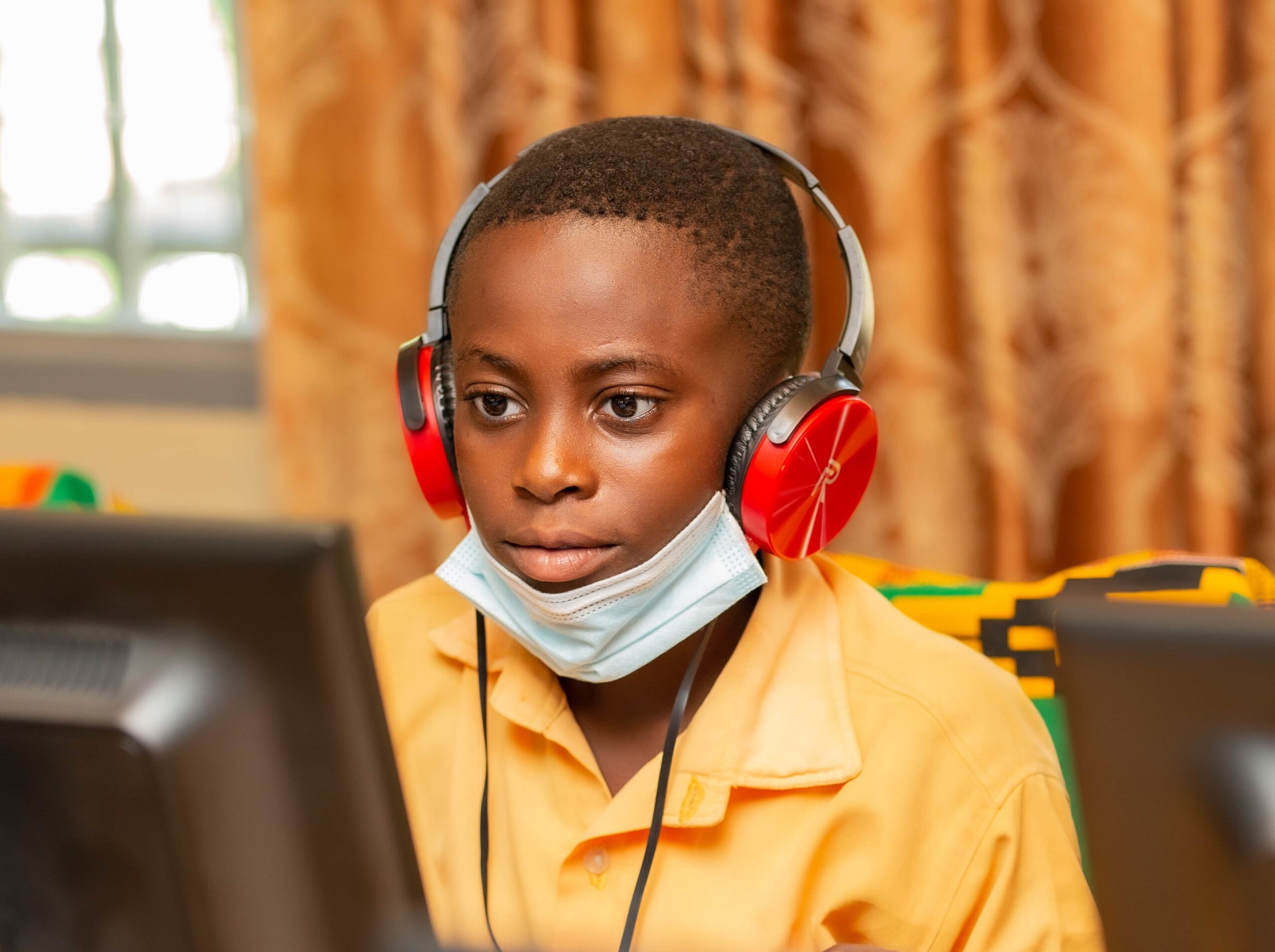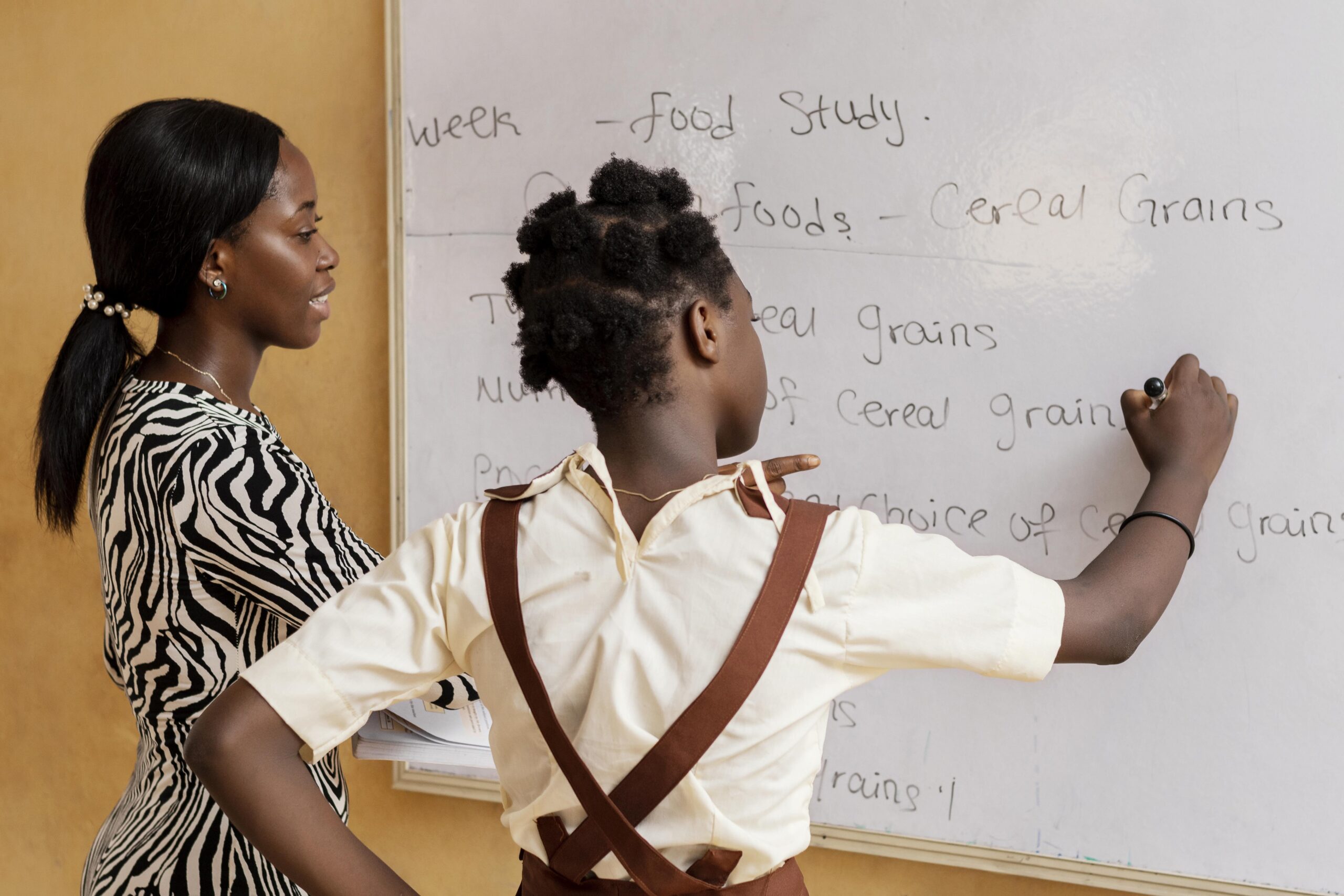
Could COVID-19 Change How We Educate Future Generations?
Coronavirus related disruption is giving educators time to rethink how to deliver quality education in a way that is safe for everyone and meets public health guidelines. Technology is one possible solution and will continue to play a key role in educating future generations. In a world where knowledge is a mouse-click away, the role of Educators must change. Could the COVID-19 pandemic change how we educate? Not since World War II have so many countries around the world seen schools and educational institutions go into lockdown. We know that the impact of this virus will be far-reaching. What might it mean in the longer-term?
For a while, Educators around the world have been talking about the need to rethink how we teach our children. This might just be the disruption the sector needs to get us all to rethink how we prepare our youth for the future, and question what we need to teach and how we prepare them. As Educators grapple with the new ways of communicating with their students away from classrooms and lecture halls, it is a good time to reflect on how this disruptive crisis can help define what learning should look like even after this crisis is over. Perhaps forcing Educators to reconsider what the most efficient, effective way of teaching can be that reaches the most number of students in the best way possible.
COVID-19’s staggering impact on global education is an interesting read in order to answer the questions around how Educators should reevaluate teaching.
The COVID-19 crisis may well change our world and our global outlook; it may also teach us about how education needs to change to be able to better prepare our youth for what the future might hold. Here are some excerpts from the article:
- Educating citizens in an interconnected world
COVID-19 is a pandemic that illustrates how globally interconnected we are – there is no longer such a thing as isolated issues and actions. Successful people in the coming decades need to be able to understand this interrelatedness and navigate across boundaries to leverage their differences and work in a globally collaborative way. - Redefining the role of the educator
The notion of an educator as the knowledge-holder who imparts wisdom to their pupils is no longer fit for the purpose of 21st-century education. With students being able to gain access to knowledge, and even learn a technical skill, through a few clicks on their phones, tablets and computers, we will need to redefine the role of the educator in the classroom and lecture theatre. This may mean that the role of educators will need to move towards facilitating young people’s development as contributing members of society. - Teaching life skills needed for the future
In this ever-changing global environment, young people require resilience and adaptability – skills that are proving to be essential to navigating effectively through this pandemic. Looking into the future, some of the most important skills that employers will be looking for will be creativity, communication and collaboration, alongside empathy and emotional intelligence; and being able to work across demographic lines of differences to harness the power of the collective through effective teamwork. - Unlocking Technology to deliver education
The COVID-19 pandemic has resulted in educational institutions across the world being compelled to suddenly harness and utilize the suite of available technological tools to create content for remote learning for students in all sectors. Educators across the world are experiencing new possibilities to do things differently and with greater flexibility resulting in potential benefits inaccessibility to education for students across the world. These are new modes of instruction that have previously been largely untapped particularly in the kindergarten to Secondary levels of education.
Most importantly, it is Team TECHAiDE’s hope that for Educators and generations to come, these experiences of isolation and remote learning away from their peers, teachers and classrooms will serve as a cautious reminder of the importance of our human need for face-to-face social interaction.








